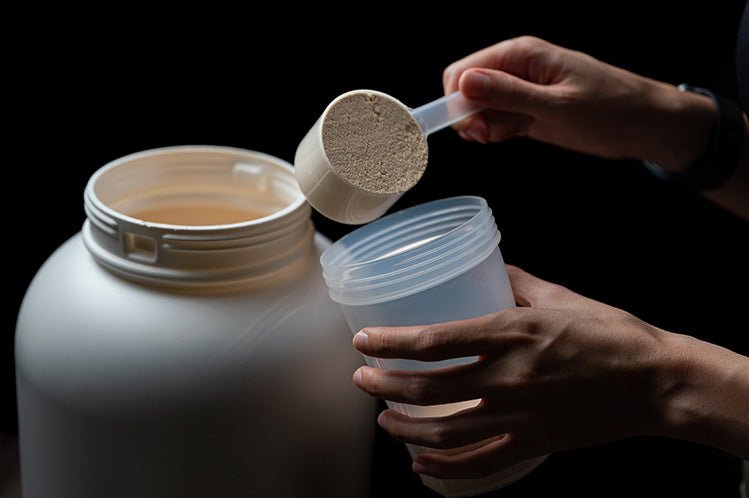
Unlocking Muscle Gain Potential with Protein Powder: Your Comprehensive Guide
The Role of Protein in Muscle Gain
Before we dive into the specifics of protein powder, let's understand the fundamental role of protein in muscle gain. Muscles are primarily composed of protein fibers. When you engage in strength training or resistance exercises, you create small tears in these muscle fibers. Protein steps in to repair and rebuild these tears, making the muscles stronger and larger in the process. This is where the concept of muscle gain comes into play.Why Protein Powder?
While whole food sources like lean meats, eggs, and legumes provide essential protein, they may not always be convenient or easily accessible, especially in the fast-paced modern world. This is where protein powder comes to the rescue. Protein powder offers a concentrated and convenient source of protein that can be easily incorporated into your diet.Types of Protein Powder
There are various types of protein powder available, each with its unique characteristics:Whey Protein: Derived from milk, whey protein is fast-digesting and rich in essential amino acids. It's a popular choice for post-workout recovery due to its rapid absorption.
Casein Protein: Also sourced from milk, casein protein digests more slowly, providing a steady release of amino acids over time. It's often taken before bedtime to support overnight muscle recovery.
Plant-Based Proteins: These include options like pea, rice, and soy protein. They are suitable for vegetarians and vegans and provide a complete amino acid profile.
Hydrolyzed Proteins: These proteins are pre-digested, meaning they are broken down into smaller peptides. This can lead to faster absorption, making them a potential choice for quick recovery.
Timing Matters
When you consume protein is just as important as how much you consume. The post-workout period, often referred to as the "anabolic window," is a critical time to provide your muscles with the necessary nutrients for recovery and growth. Protein powder can be an excellent option during this window due to its quick absorption rate.How to Incorporate Protein Powder for Muscle Gain
To make the most of protein powder for muscle gain, consider these tips:
Calculate Your Protein Needs: Determine your daily protein requirement based on your activity level and goals.
Use Protein Powder as a Supplement: Protein powder should complement your diet, not replace whole food sources.
Pair with Carbohydrates: Consuming protein with carbohydrates can enhance protein uptake and muscle glycogen replenishment.
Stay Consistent: Consistency is key in any muscle gain journey. Include protein powder in your daily routine to provide your muscles with a steady supply of amino acids.
In conclusion, protein powder can be a valuable tool in your quest for muscle gain. By understanding the role of protein, choosing the right type of protein powder, and incorporating it strategically into your diet, you can optimize your muscle gain potential and achieve the results you desire. Remember, it's important to consult with a healthcare professional or nutritionist before making significant changes to your diet or supplement regimen.
